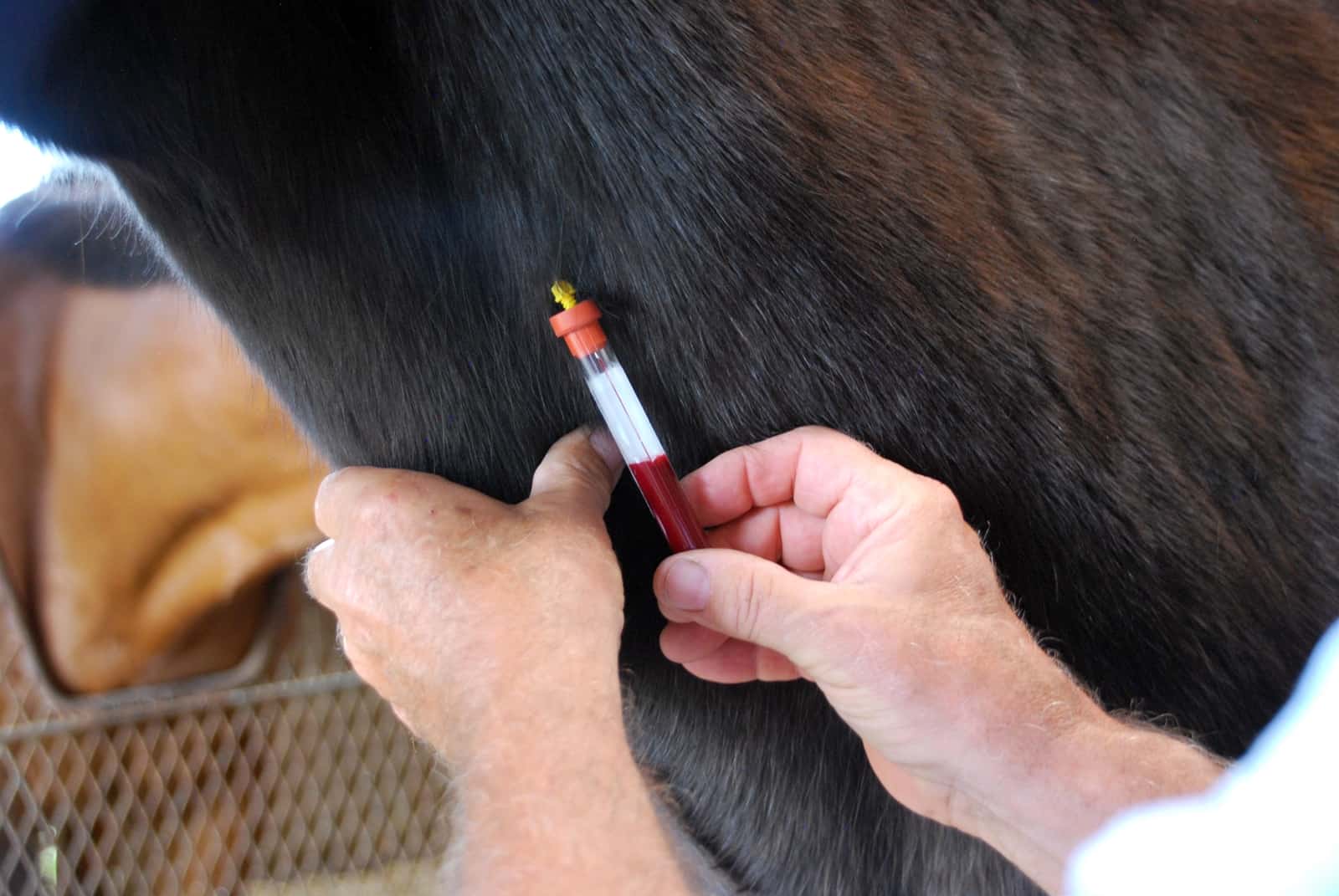EIA Exposure in Wyoming Horses: Nine Premises Quarantined

Wyoming animal health officials have placed additional facilities under quarantine after determining that horses residing there were exposed to a horse that ultimately tested positive for equine infectious anemia (EIA), the Equine Disease Communication Center (EDCC) reported Sept. 1.
“The Wyoming Livestock Board has quarantined an additional seven premises, totaling nine now, as a result of equine being exposed to a horse originating in Colorado which was found to be positive for equine infectious anemia,” the EDCC said. “Counties include Sweetwater, Lincoln, Teton, Park, and Fremont.”
The EDCC said 41 horses were exposed at a Sweetwater County premises where the index case was sent illegally from Colorado
Create a free account with TheHorse.com to view this content.
TheHorse.com is home to thousands of free articles about horse health care. In order to access some of our exclusive free content, you must be signed into TheHorse.com.
Start your free account today!
Already have an account?
and continue reading.

Written by:
Erica Larson
Related Articles
Stay on top of the most recent Horse Health news with















